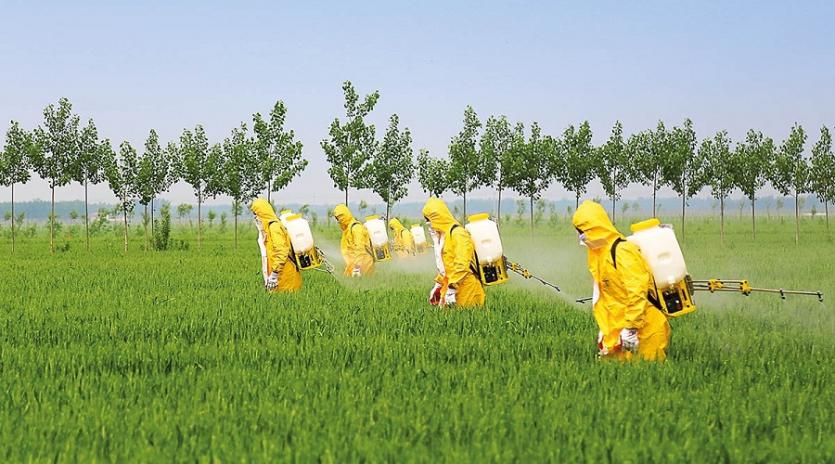New evidence reveals just how persistent some neonicotinoids are in the environment, raising questions for the countries that still allow their use
Watchdog warns of Brussels’ failure to provide vital protection to bees, with EU’s protection laws inadequate
By Patryk Krych | The World Daily | JULY 11th 2020
A report produced from the European court of auditors has led to many revelations regarding Brussels’ failure in its strategies and overall efforts to protect its local population of bees, wasps, beetles, moths and butterflies, even finding loopholes to use banned pesticides that are harmful to the species.
Wild pollinators such as bees are seeing a gradual decline in Europe overall, not only in Brussels, due to the exploitable loopholes in the European Union’s (EU) rules and laws. Within the entirety of the European commission, only one person was chosen as a full-time official to work on a “pollinators initiative” that’d been unveiled over two years ago.
“Pollinators play an essential role in plant reproduction and ecosystem functions, and their decline should be seen as a major threat to our environment, agriculture and quality food supply,” said Samo Jereb, a member of the EU auditor’s court, responsible for producing the report. “The EU initiatives taken so far to protect wild pollinators have unfortunately been too weak to bear fruit.”
The report went on to say that the member states using the endangering pesticide have been permitted to continue doing so, despite the known, destructive effects they have against bees. Emergency authorisations were granted for the use of three neonicotinoids up to 206 times between the years of 2013 and 2019. These three neonicotinoids are thiamethoxam, clothianidin, and imidacloprid, all banned since 2018 for outdoor use of any kind.






